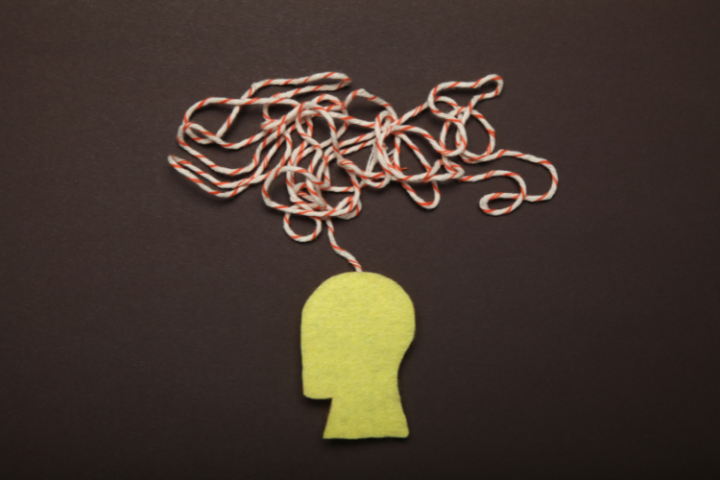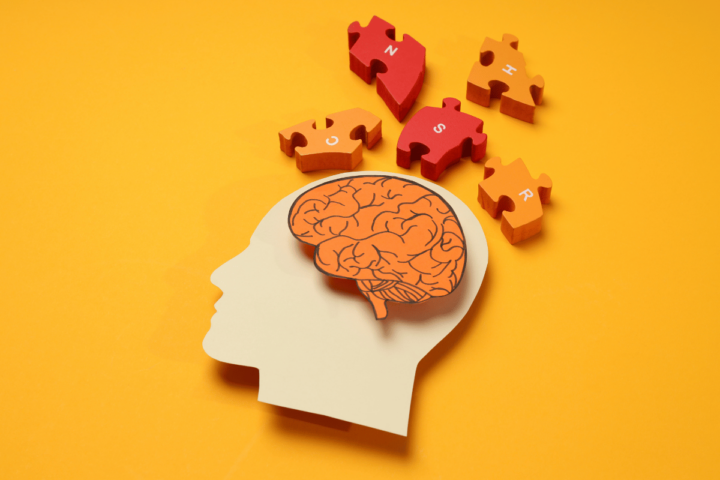Have you ever felt numb, anxious, or disconnected during moments that should bring joy? Perhaps you’ve thought, “Why can’t I just enjoy this?” If so, you’re not alone—and these feelings don’t mean something is wrong with you.
Sometimes, difficult experiences from our past—even if we don’t label them as “trauma”—can affect our emotional well-being. Learn more about how past experiences impact emotional well-being. These experiences can leave lasting impacts, making genuine happiness feel elusive. Find out why this happens and how to reconnect with joy.
Why Happiness Can Feel Difficult
Stressful or overwhelming experiences can affect how your brain and nervous system function, changing how you respond emotionally. Parts of your brain responsible for fear or anxiety may become overly sensitive, causing you to feel cautious even during safe, enjoyable moments. Your body might respond by numbing emotions to protect you from emotional pain making it difficult to reconnect with joy.
This emotional numbness doesn’t indicate ingratitude or a lack of feeling; it’s simply your mind’s way of protecting you from potential emotional overwhelm. Discover how emotional numbing works.
When Happiness Feels Unsafe
For many people, especially those who experienced unpredictability or instability earlier in life, joyful feelings can become linked to vulnerability or anxiety. If past positive experiences quickly led to disappointment or negative outcomes, your brain might learn to anticipate negativity whenever joy arises. This keeps your nervous system on alert, making it hard to fully relax into happiness. Explore why happiness can trigger anxiety.
This constant anticipation of something going wrong can make joy feel risky, preventing you from truly embracing positive moments.
Practical Steps to Reconnect with Joy
1. Notice “Glimmers”
Why It’s Important:
“Glimmers” are small, subtle moments of happiness or peace that often go unnoticed. Noticing these brief moments can help your nervous system gradually relearn that feeling good is safe and achievable.
Practical Steps:
Take a moment each day to acknowledge small pleasures: a beautiful sunset, a comforting cup of tea, or a brief moment of laughter.
Keep a daily journal or notes on your phone to document these glimmers, reinforcing their significance and helping your mind recognize happiness as safe.
2. Calm Your Nervous System
Why It’s Important:
When your nervous system is frequently in a heightened state of alertness, it becomes challenging to relax into joy. Calming practices can help your body shift toward feeling safer and more open to happiness.
Practical Steps:
Practice deep breathing regularly (inhale for four seconds, hold briefly, exhale slowly for six seconds).
Engage in simple mindfulness exercises or gentle physical activities like stretching or yoga, helping you reconnect positively with your body. Learn simple mindfulness practices here.
3. Introduce Joy Gradually
Why It’s Important:
Large doses of happiness might initially feel overwhelming or anxiety-provoking. Gradually reintroducing joyful experiences in small, manageable ways can build your comfort and tolerance slowly and safely.
Practical Steps:
Choose short, enjoyable activities without pressure or expectation, such as listening to a favorite song or briefly engaging in a hobby you enjoy.
Check in with your feelings before, during, and after these experiences, helping your mind learn to recognize these moments as safe.
4. Connect with Safe and Supportive People
Why It’s Important:
We often heal best in safe relationships. Connecting with trustworthy and supportive individuals can provide emotional safety, making joy easier to experience and sustain.
Practical Steps:
Regularly spend time with someone who makes you feel comfortable and secure, whether a friend, family member, or therapist.
Engage in simple shared activities that foster connection and relaxation, like walking in nature, sharing a meal, or having a gentle conversation.
It’s Okay to Take Small Steps
Reconnecting with happiness is a gentle, gradual journey—every step toward feeling safe and joyful counts. If you’re struggling to access joy, remember it’s not a personal failing—it’s simply evidence of your resilience and your body’s determination to keep you safe. With patience, kindness, and gentle practice, happiness can and will return to your life.
Need More Support?
If you’re finding it challenging to navigate these feelings alone, you’re not alone. I’m here to help you gently explore what’s blocking your joy and guide you toward feeling safe and happy again. Contact me today to schedule a free consultation and start your journey toward reclaiming joy. Schedule your free consultation now and take the first step toward feeling better.











